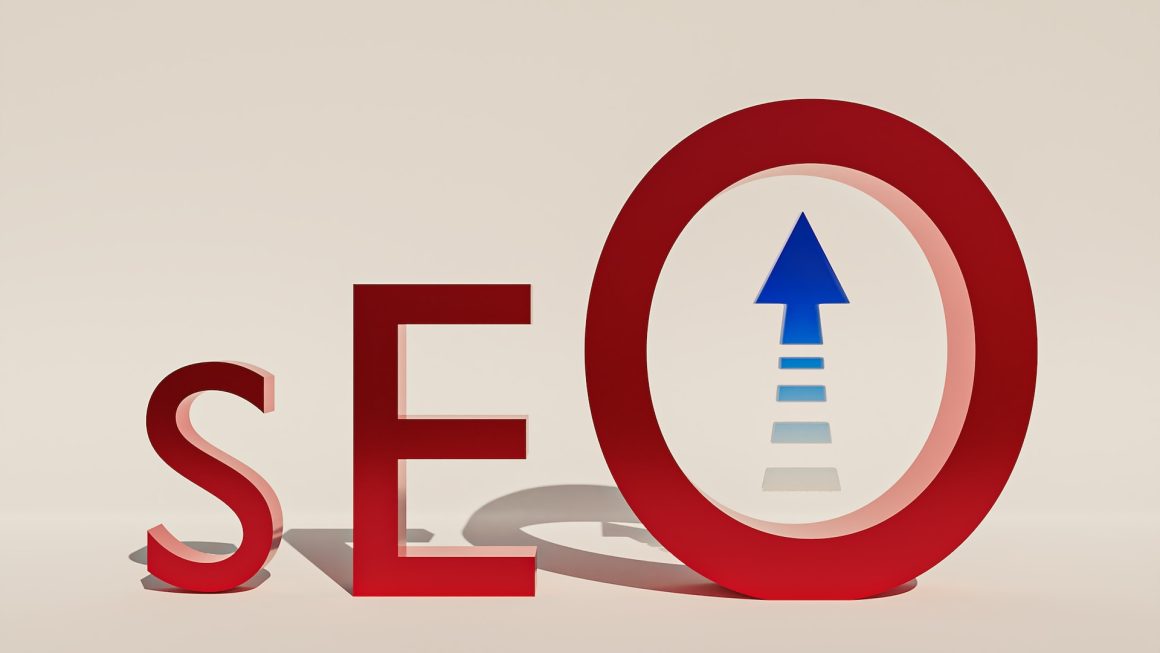Artificial intelligence (AI) is being widely adopted in the field of digital marketing to improve various aspects of digital marketing and advertising. AI-powered tools can automate tasks, analyze vast amounts of data, and provide insights to inform marketing decisions.
What is AI?
Artificial Intelligence (AI) refers to the development of computer systems that can perform tasks that typically require human intelligence, such as visual perception, speech recognition, decision-making, and language translation. The goal of AI research is to create systems that can perform these tasks as well as, or in some cases better than, humans.
There are two main types of AI: Narrow AI, which is designed to perform a specific task, and General AI, which has the ability to perform a wide range of tasks. AI technologies are being integrated into a variety of products and services to enhance their functionality and improve the user experience.
Some applications of AI in digital marketing include:
- Customer segmentation and personalization: AI algorithms can help analyze customer data and segment audiences based on their behaviors, interests, and other factors. This information can be used to create highly personalized marketing campaigns.
- Predictive analytics: AI can analyze customer data to predict future behaviors and help inform marketing strategies.
- Chatbots: AI-powered chatbots can interact with customers in real-time and provide answers to their questions or guide them through the buying process.
- Programmatic advertising: AI algorithms can automate the buying and placement of digital ads, making the process more efficient and effective.
- Social media management: AI tools can help manage and monitor social media accounts, assisting with tasks such as content creation and moderation.
Overall, AI has the potential to revolutionize the way digital marketing is done and help companies reach their target audiences more effectively.
Future of Digital Marketing with AI
The future of digital marketing with AI looks very promising, as AI technology continues to evolve and become more sophisticated. Here are some ways AI is expected to shape the future of digital marketing:
- Enhanced personalization: AI will enable marketers to deliver more personalized experiences to customers, by analyzing vast amounts of data to better understand customer preferences and behavior.
- Improved targeting: AI algorithms can help marketers target the right audiences with the right message, at the right time, leading to more effective marketing campaigns.
- Predictive analytics: AI will allow marketers to use predictive analytics to forecast consumer behavior, identify trends, and make data-driven decisions.
- Increased efficiency: AI-powered tools can automate repetitive and time-consuming tasks, freeing up marketers to focus on higher-level strategies.
- Interactive experiences: AI will continue to power chatbots, virtual assistants, and other interactive experiences, allowing brands to engage with customers in new and innovative ways.
- Optimized advertising: AI will optimize the entire advertising process, from ad placement to bidding, to achieve better results with less manual intervention.
In conclusion, AI is expected to play a major role in the future of digital marketing and has the potential to revolutionize the way brands interact with customers and deliver personalized experiences.




